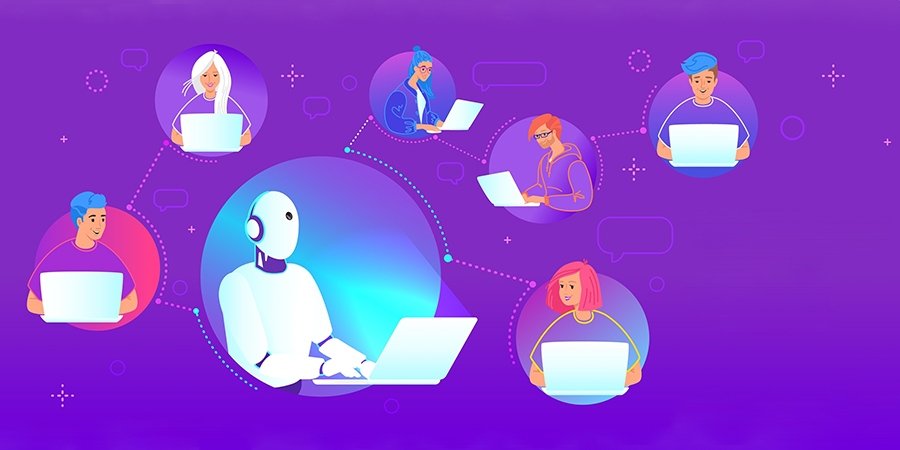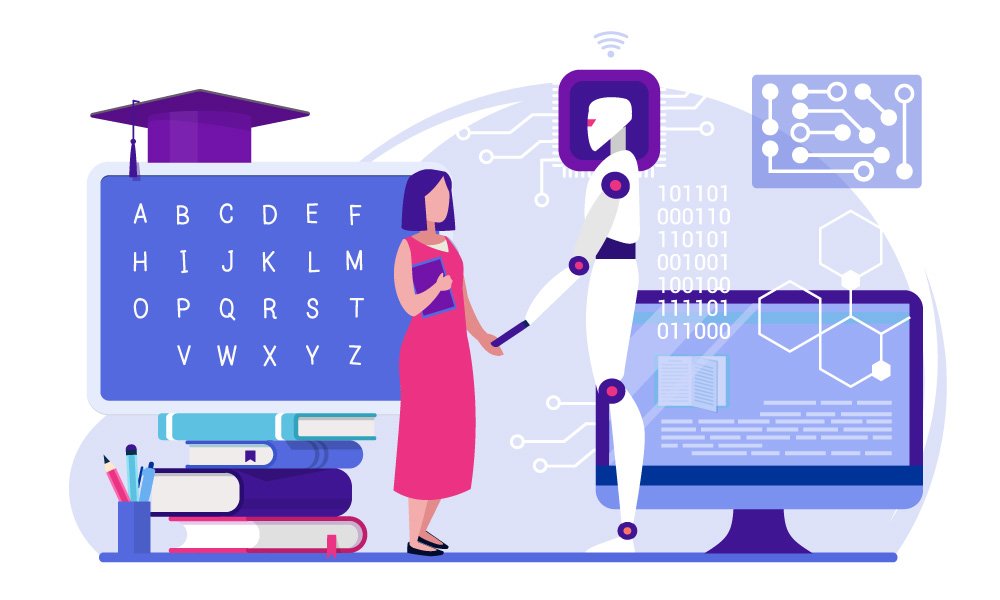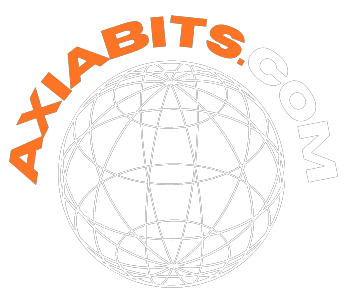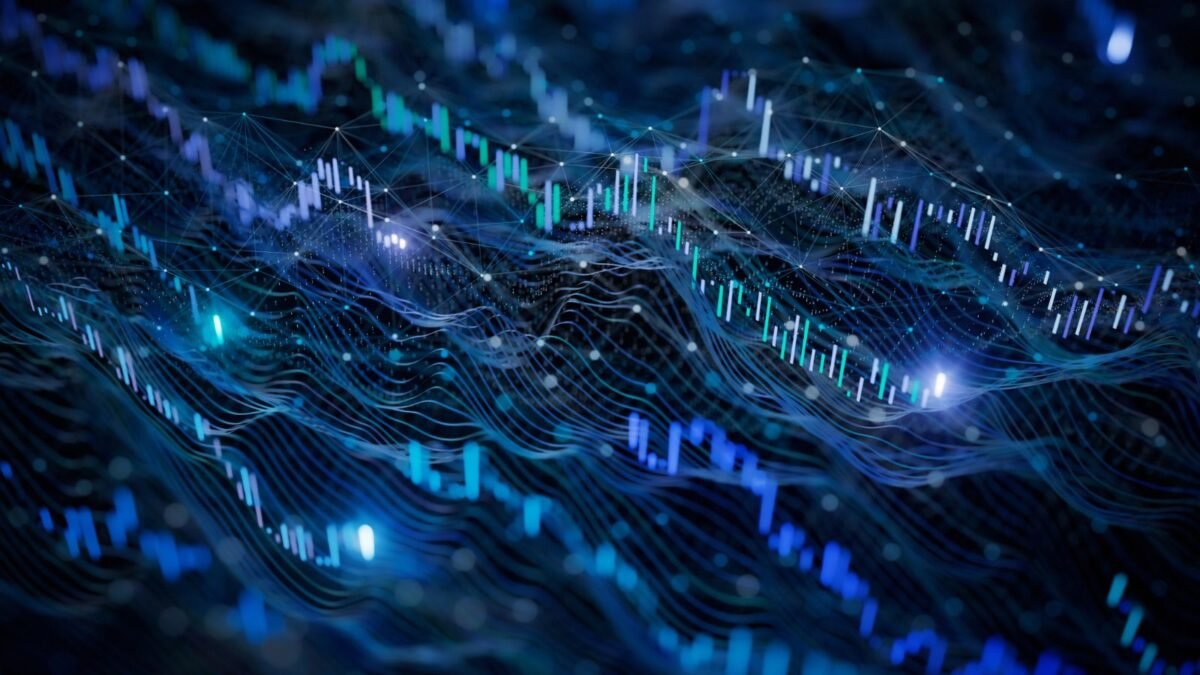Introduction
Artificial Intelligence (AI) has become one of the most transformative technologies of our time. Artificial Intelligence impact on society with its rapid advancements and applications have revolutionized multiple sectors, shaping the way we interact with technology and society. From personal assistants to self-driving cars, AI is not just a concept found in science fiction anymore. In this blog post, we will explore the various applications of AI in everyday life, discuss its impact on the job market, delve into privacy concerns, analyze its role in education, and address the ethical considerations and regulations surrounding AI development. By the end, we hope to shed light on both the potential benefits and concerns associated with AI and emphasize the need for responsible development and use of this technology.
Table of Contents
Definition of Artificial Intelligence (AI)
AI can be defined as the ability of machines and computer systems to imitate human intelligence, perform tasks that would typically require human intelligence, and learn from data and experience. It encompasses several subfields, including machine learning, natural language processing, computer vision, and robotics. These technologies enable AI to process and analyze vast amounts of data, recognize patterns, make predictions, and perform complex tasks with minimal human intervention.
Brief Overview of the Rapid Advancement of AI Technologies
In recent years, there have been significant advancements in AI technologies, fueled by improvements in computing power, data availability, and algorithmic developments. Machine learning algorithms have become more sophisticated, enabling AI systems to learn from large datasets and make accurate predictions. Deep learning, a subfield of machine learning, has revolutionized computer vision and natural language processing, enabling AI systems to recognize images and understand and generate human-like speech.
The Applications of AI in Everyday Life
AI in Personal Assistants:
Personal assistants such as Siri and Alexa have become part of our daily lives, helping us with tasks like setting reminders, answering questions, and playing music. These AI-powered assistants use natural language processing and machine learning algorithms to understand and respond to human commands.
AI in Healthcare:
AI has a wide range of applications in healthcare, including diagnosis, personalized treatment plans, and drug development. AI algorithms can analyze medical images and data to identify early signs of diseases, assist doctors in making accurate diagnoses, and provide personalized treatment options based on individual patient characteristics.
AI in Transportation:
Self-driving cars are one of the most prominent applications of AI in the transportation industry. These vehicles use AI technologies like computer vision and machine learning to perceive their surroundings, navigate roads, and make decisions in real-time. AI is also used for traffic monitoring and optimization, leading to efficient transportation systems.
AI in E-commerce:
AI has transformed the way we shop online. Recommendation systems use AI algorithms to analyze user preferences and behavior, suggesting products that align with individual tastes. Chatbots, powered by AI, provide personalized customer support, enhancing the shopping experience and improving customer satisfaction.

AI and the Job Market
The Impact of AI on the Job Market:
The rise of AI and automation has raised concerns about job displacement. As AI systems become more capable of performing tasks traditionally done by humans, certain job roles may become obsolete. However, studies show that while some jobs may be automated, new job opportunities are also being created in AI-related fields.
The Rise of New Job Opportunities Due to AI:
AI has given rise to new job roles that involve developing, implementing, and managing AI systems. Jobs such as AI ethics managers, data scientists, and AI trainers are in high demand. This shift in job roles calls for the need to upskill and reskill the workforce to adapt to the changing job market.
AI and Privacy Concerns
Data Privacy Challenges in the AI Era:
AI systems rely on vast amounts of data to learn and make accurate predictions. This raises concerns about the privacy and security of personal data. The collection and use of personal data by AI algorithms need to be regulated to ensure that data privacy rights are protected.
Scenarios of AI Misuse and Potential Risks:
AI technology, if not regulated properly, can be misused for malicious purposes. Deepfake technology, for example, can be used to manipulate images and videos, leading to potential misinformation campaigns. Autonomous weapons powered by AI also raise ethical questions about their use and potential consequences.
Measures to Protect Data and Privacy Rights:
Regulations and guidelines should be established to protect data and privacy rights in the AI era. Transparency and accountability in AI algorithms, data anonymization techniques, and informed consent frameworks can help mitigate privacy concerns.
AI in Education
AI in Personalized Learning and Adaptive Systems:
AI has the potential to revolutionize education by providing personalized learning experiences tailored to each student’s needs and learning styles. Adaptive learning systems powered by AI algorithms can identify knowledge gaps and provide targeted interventions, enhancing the effectiveness of education.
AI Tutoring and Virtual Classroom Assistants:
AI tutoring systems can provide individualized tutoring and feedback to students, adapting to their pace and grasping capabilities. Virtual classroom assistants can assist teachers in administrative tasks, freeing up their time to focus on personalized instruction.
Benefits and Challenges of Integrating AI in Education:
While AI brings several benefits to education, such as personalized learning and enhanced teaching efficiency, challenges like data privacy and the ethical use of student data need to be addressed. The role of the teacher in the AI-enabled classroom also needs to be redefined.

Ethical Considerations and AI Regulation
Ethical Implications of AI Decision-Making:
AI algorithms used for decision-making, such as in hiring or loan approval processes, can sometimes result in biased outcomes. Fairness, transparency, and accountability are crucial considerations when developing AI systems to ensure that they do not perpetuate existing social inequalities.
The Need for Transparency and Explainability in AI Algorithms:
AI algorithms should be transparent and explainable, allowing users to understand how decisions are made. This not only promotes trust and acceptance of AI systems but also enables effective auditing and regulation of AI applications.
Current Regulations and Guidelines for AI Development and Deployment:
Governments and organizations around the world have started recognizing the need for regulation in AI development and deployment. Ethical guidelines, such as the EU’s General Data Protection Regulation (GDPR) and AI governance frameworks, aim to ensure responsible use of AI technology.
Conclusion
In conclusion, AI has a profound impact on society and has the potential to shape our future. The applications of AI in everyday life, healthcare, transportation, and e-commerce have transformed the way we interact with technology. While concerns about job displacement and privacy risks exist, AI also creates new opportunities and improvements in various domains. Responsible development and use of AI technology, along with proper regulations and guidelines, are essential to harness its potential benefits while mitigating its potential risks.
FAQs
What is Artificial Intelligence (AI) and how does it impact society?
Artificial Intelligence refers to the ability of machines and computer systems to imitate human intelligence and perform tasks that typically require human intelligence. AI impacts society by revolutionizing various sectors such as healthcare, transportation, and e-commerce, enhancing efficiency, and enabling personalized experiences.
Are there any privacy concerns associated with AI?
Yes, privacy concerns arise with increased use of AI. AI systems rely on vast amounts of data to learn and make accurate predictions, raising concerns about data privacy and security. Proper regulations and guidelines are necessary to protect data and privacy rights in the AI era.
What ethical considerations and regulations exist for AI?
Ethical considerations in AI include fairness, transparency, and accountability. Regulations and guidelines are being developed worldwide to ensure responsible use of AI. Examples include the EU’s General Data Protection Regulation (GDPR) and AI governance frameworks that aim to address ethical concerns and protect individuals’ rights.
Will AI replace human jobs?
While AI has the potential to automate certain job roles, studies show that new job opportunities are also being created in AI-related fields. AI systems often complement human capabilities, and the workforce needs to upskill and reskill to adapt to the changing job mar
How does AI impact education?
AI has the potential to enhance education by providing personalized learning experiences, adaptive tutoring, and virtual classroom assistants. It can identify students’ knowledge gaps and provide targeted interventions, making education more effective and tailored to individual needs.







